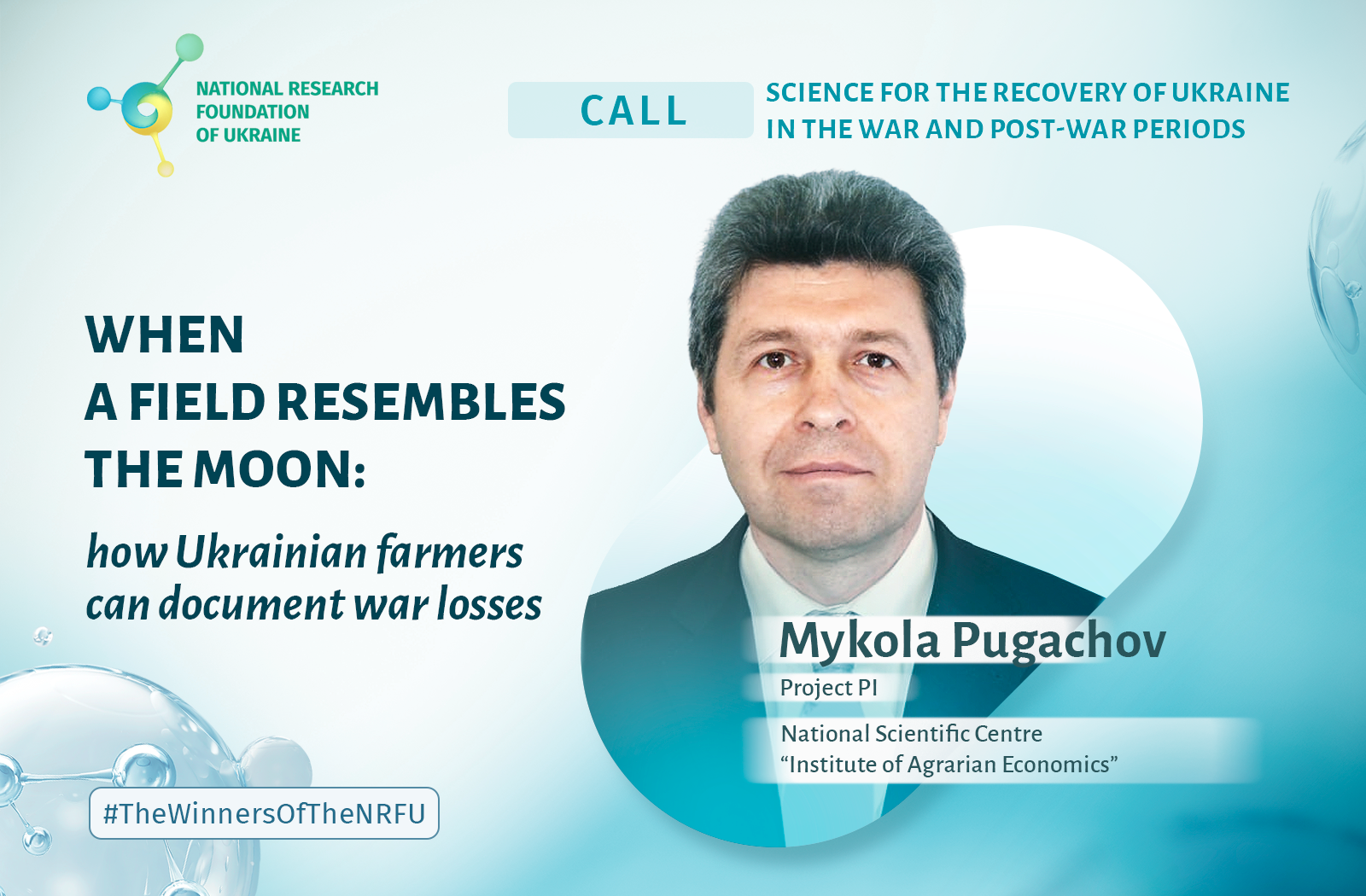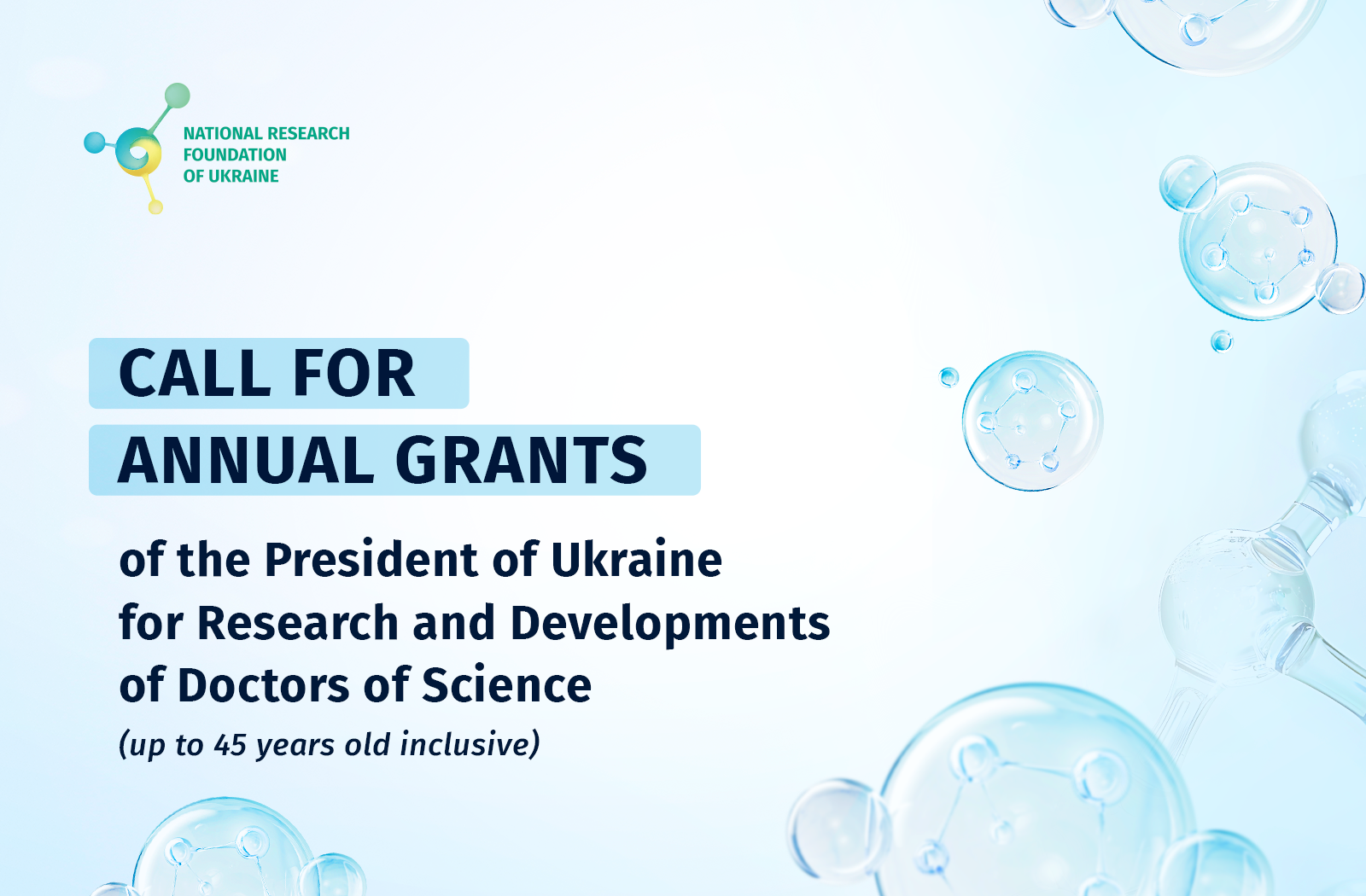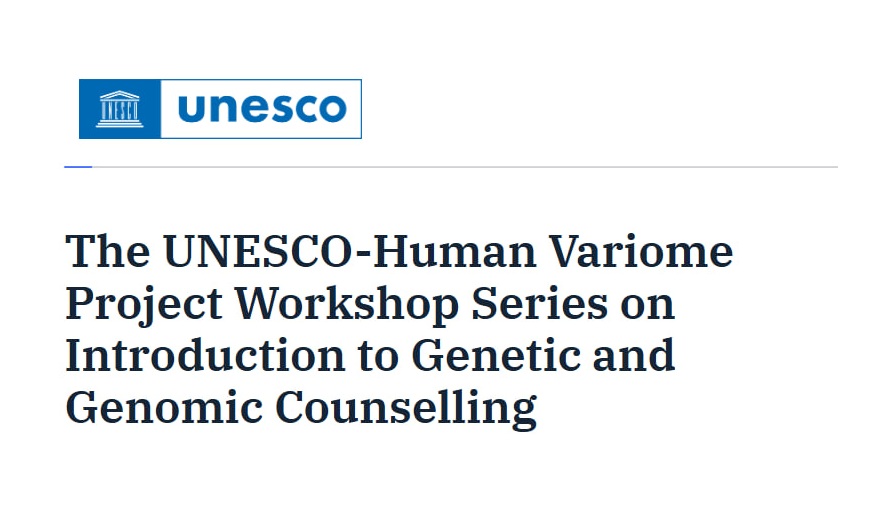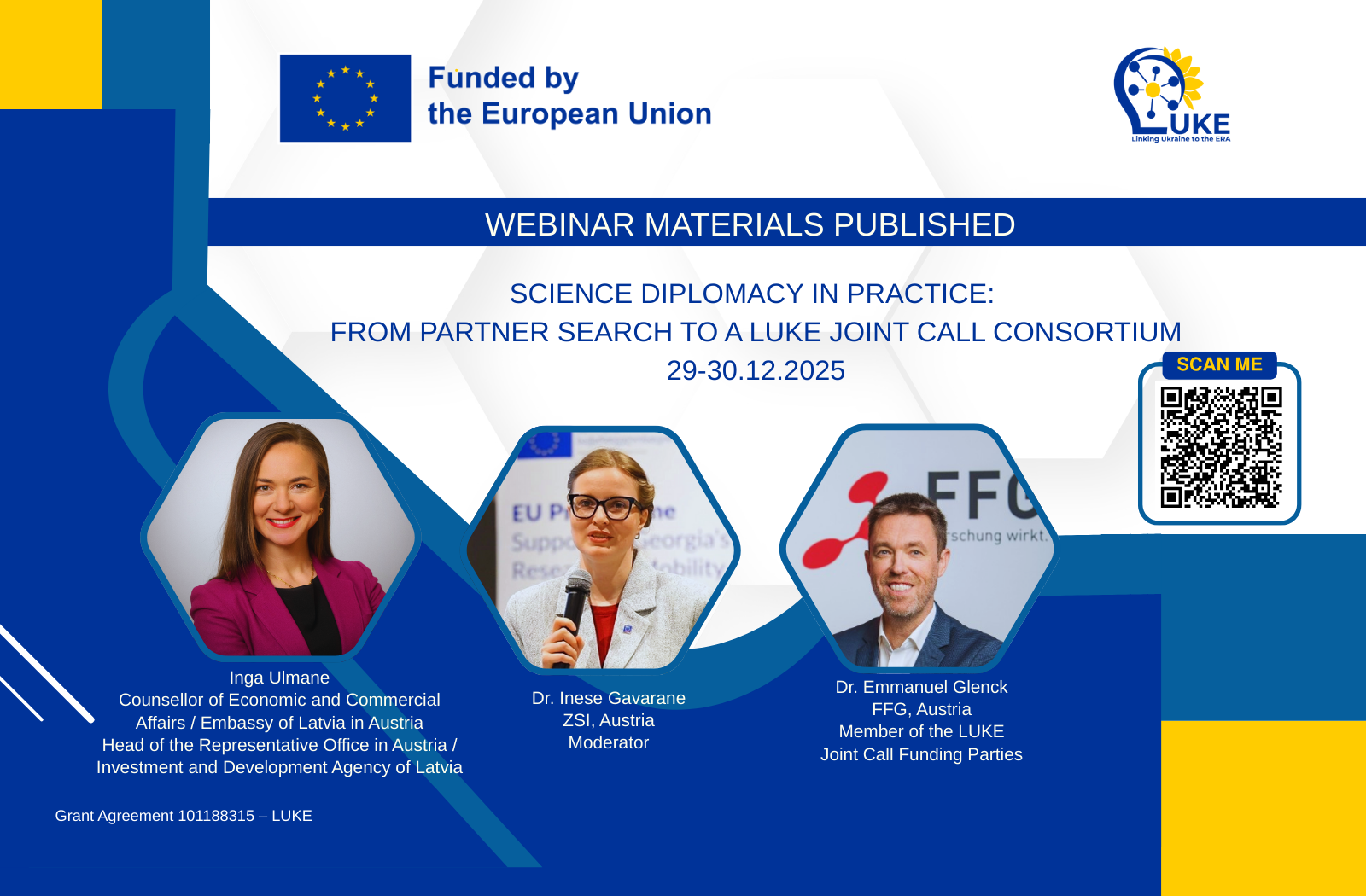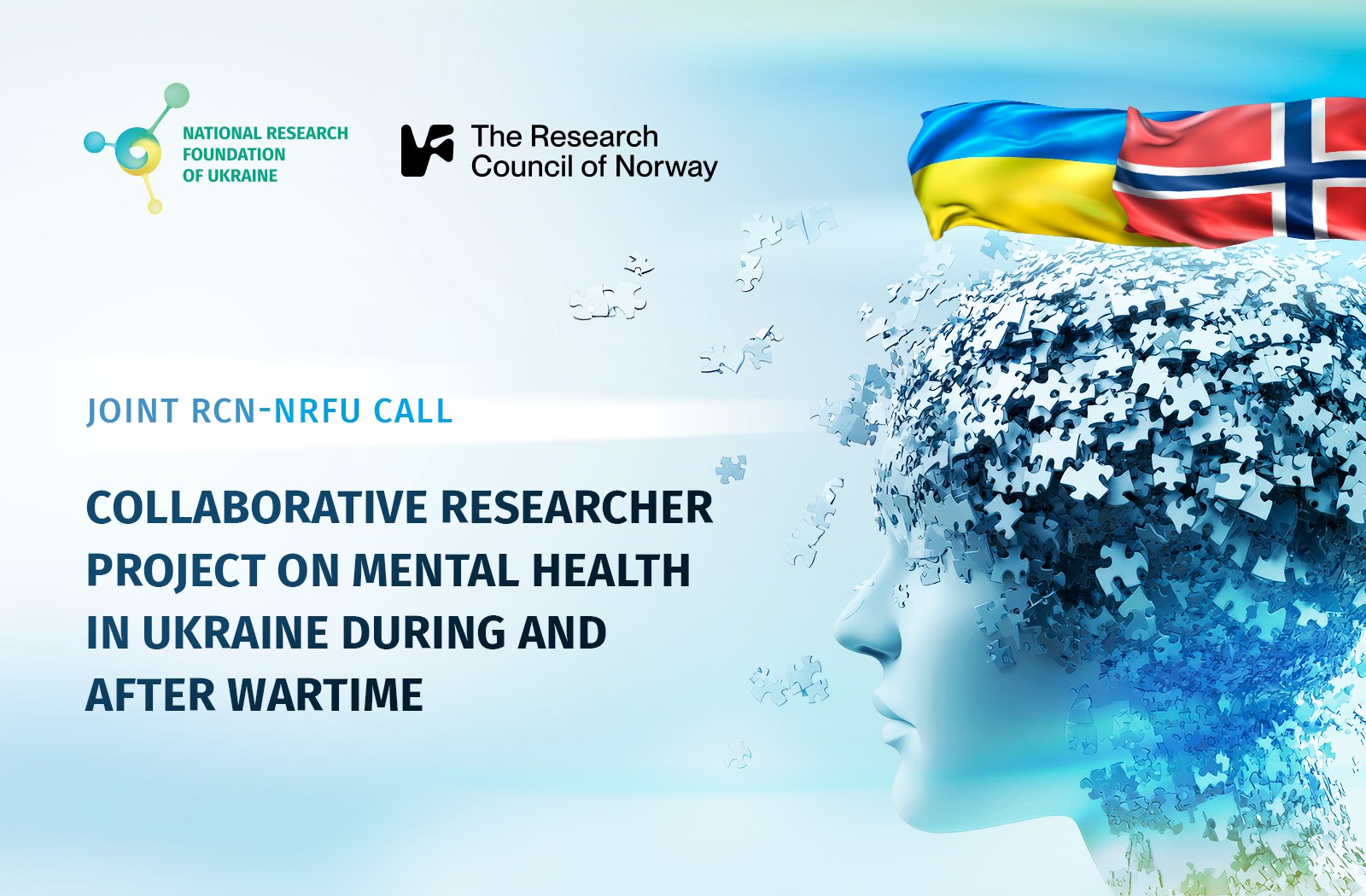Fuel that is safe for the environment and profitable for the wallet is by no means fantastic. Ukrainian scientists are working to extend the shelf life of biofuels, looking for ways to reuse production waste and, consequently, increase profitability.
The project supervisor, Oksana Linnik, said that scientists around the world are currently working to find renewable plant raw materials for biofuel production.
Promising raw materials for the production of second and third generation biodiesel are oilseeds, which can be grown on infertile soils and in arid areas.
How to increase profitability
However, the current production of biofuels from plant material is a complex and expensive process but incensement of profitability is quite possible!
Scientists propose to increase the profitability of biofuel production in several ways. This is the reprocessing of biomass to obtain antioxidants; the use of solar radiation for the process of photocatalytic conversion of waste; repeated use of the catalyst. These innovative methods will not only help reduce the cost of production, but also minimize waste and improve the environment.
Antioxidants from waste
The researcher explained that producing biodiesel is only half the battle. If you do not protect the fuel from oxidation and degradation, it will deteriorate quickly. In order to extend the shelf life, antioxidants must be added to the biofuel. Unfortunately, there is no single “stabilizer” for all types of biodiesel, so scientists are looking for effective natural reducing agents and working to expand the range of antioxidants.
Natural antioxidants can be found in both plants and waste. The reducing properties of these compounds are extremely valuable – they can be used in energy, medicine, food industry and more.
«Klondike», in vitro
In vitro plants can also be a source of natural antioxidants. The method of aseptic cultivation of cells and tissues of plants makes it possible to obtain high quality raw materials in the required quantity. The method is extremely relevant, because the climate is changing and predicting the influence of natural factors on the formation of nutrients in the plant, unfortunately, is impossible.
Of course, research work of this level would be impossible without reagents and modern equipment purchased with the grant funding.
Hot summer, autumn and winter
The project should be completed by 2021, so scientists are working very actively.
There will be developed technologies and technical protocols for growing in vitro biomass based on forms containing the most active antioxidants.
Traditionally, we asked the project supervisor about the difficulties faced by the scientists.
– This was the first NRFU’s call held in a rather difficult pandemic, so the scientists had to learn together with the Foundation’s staff, – said Oksana Petrivna.
– It was not easy, but we managed it – concludes the researcher. – Our team worked, as they say, 24/7 and got interesting and significant results. I advise colleagues to submit their projects to calls, because these are new opportunities and experiences. It’s worth it!
Svitlana GALATA


